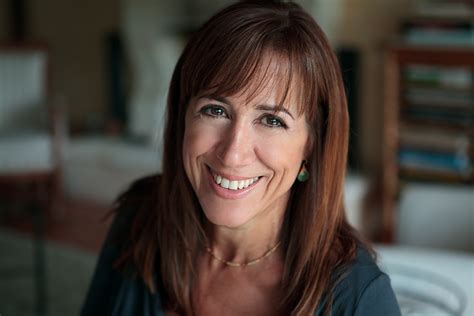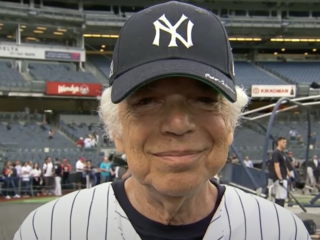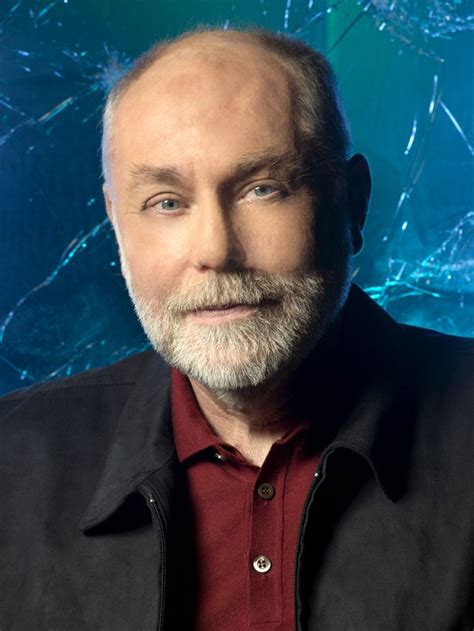A Quote by Nicholas Kristof
I'm sometimes embarrassed by how clinical I can become when I'm out reporting.
Related Quotes
My point is Trump is Trump. He's the same guy wherever he is. But the reporting on him on Middle East trip is nowhere near like the reporting on Trump when he's in Washington. There aren't any leaks. For example, we haven't yet seen a story quoting unnamed sources in the Saudi government saying that the king was profoundly embarrassed when Trump asked if there was a McDonald's nearby.
This is the hallmark of a robust biological system: political parties can perish in a tragic accident and the society will still run, sometimes with little more than a hiccup to the system. It may be that for every strange clinical case in which brain damage leads to a bizarre change in behavior or perception, there are hundreds of cases in which parts of the brain are damaged with no detectable clinical sign.
Nobody escapes being wounded. We are all wounded people, whether physically, emotionally, mentally, or spiritually. The main question is not, 'How can we hide our wounds?' so we don't have to be embarrassed, but 'How can we put our woundedness in the service of others?' When our wounds cease to be a source of shame, and become a source of healing, we have become wounded healers.
Reporting the consensus about climate change ... is not synonymous with good science reporting. The BBC is at an important point. It has been narrow minded about climate change for many years and they have become at the very least a cliché and at worst lampooned as being predictable and biased by a public that doesn't believe them anymore.

































